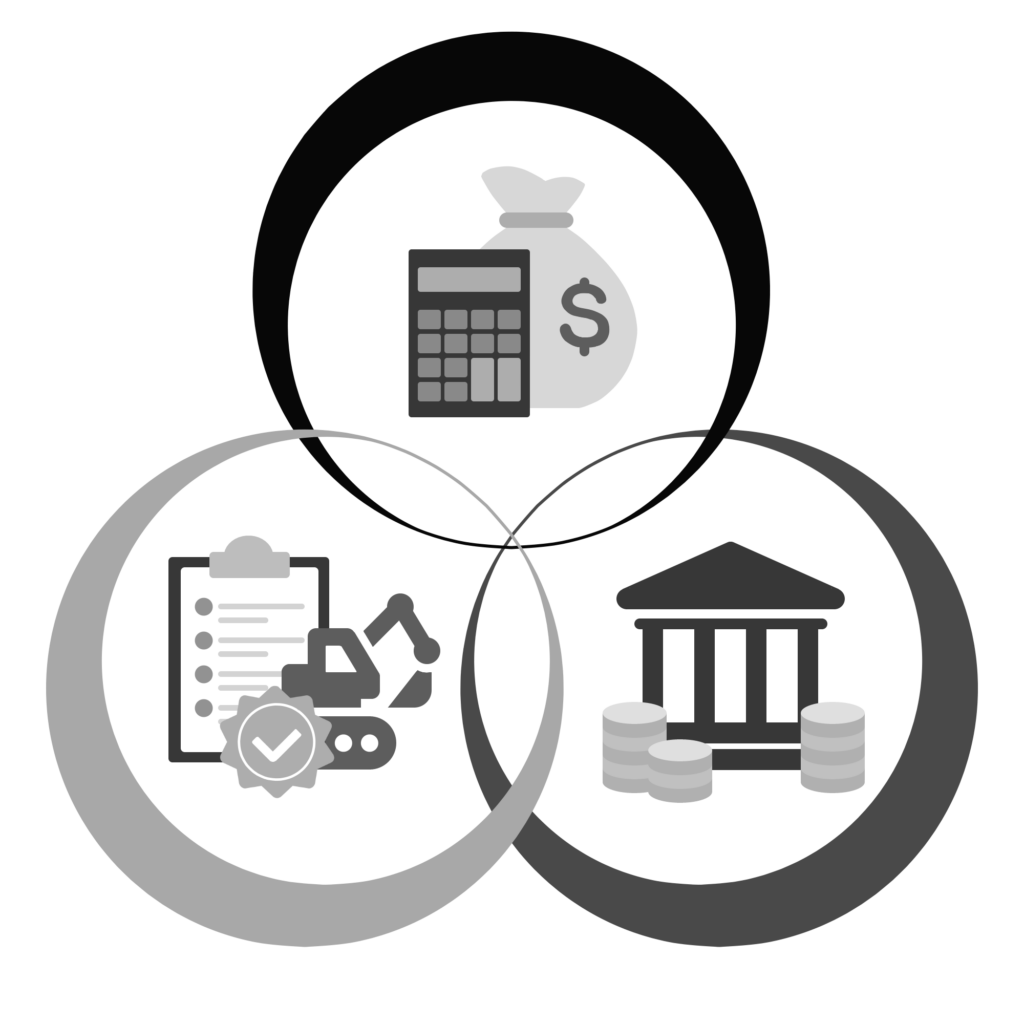
When purchasing construction or agricultural equipment, financing options often come into play. However, there is a significant distinction in how financing works for individual consumers compared to businesses. A crucial factor that shapes this difference is privacy and eligibility requirements, which influence why most dealers prioritize offering financing for businesses over individuals.
Privacy Considerations
Consumer Financing Privacy:
Consumer financing is governed by stringent privacy laws, such as the Fair Credit Reporting Act (FCRA) in the United States. These laws mandate detailed disclosures regarding the collection, sharing, and use of personal information. This process often involves:
- Credit Checks: Lenders must perform thorough checks on an individual’s personal credit history. This can make some consumers wary of sharing sensitive financial data.
- Data Protection Compliance: Dealers and lenders must ensure they meet robust security requirements to protect the personal data of individuals, increasing administrative costs.
- Opt-Out Rights: Consumers have greater rights to opt out of data sharing, adding an extra layer of complexity to the approval process.
Business Loan Privacy:
For companies seeking loans, privacy terms are generally less restrictive. Here’s why:
- Public Information: Many businesses, especially incorporated entities, have public records that disclose financial and operational details. This reduces the need for intrusive personal data checks.
- Data Sharing: Companies are more accustomed to sharing financial information as part of regular operations, such as for audits or partnerships. Thus, privacy concerns are less pronounced.
- Simpler Compliance: While business financing still involves confidentiality agreements, the regulations surrounding business data are generally less stringent than those for individual consumers.
Basic Requirements for Applicants
Consumer Financing Requirements:
Individuals applying for equipment financing are subject to:
- Personal Credit Score: A solid credit history with a score often above 650.
- Income Verification: Proof of steady income to ensure repayment ability.
- Debt-to-Income Ratio (DTI): A favorable DTI ratio, typically below 40%.
- Down Payment: Often a larger down payment is required to mitigate risk.
Business Loan Requirements:
Businesses face different eligibility criteria, including:
- Business Credit Profile: Established creditworthiness, often determined by a business credit score.
- Time in Business: Lenders typically prefer businesses with at least two years of operational history.
- Revenue Verification: Proof of consistent revenue streams to support loan repayment.
- Business Plan or Equipment Use Case: A clear justification for the equipment’s role in business operations.
Conclusion
Understanding the nuances of privacy and eligibility helps explain why business financing is more prevalent in the construction and agricultural equipment sectors. By recognizing these differences, both dealers and consumers can better navigate their financing options to achieve their goals effectively.

Leave a Reply